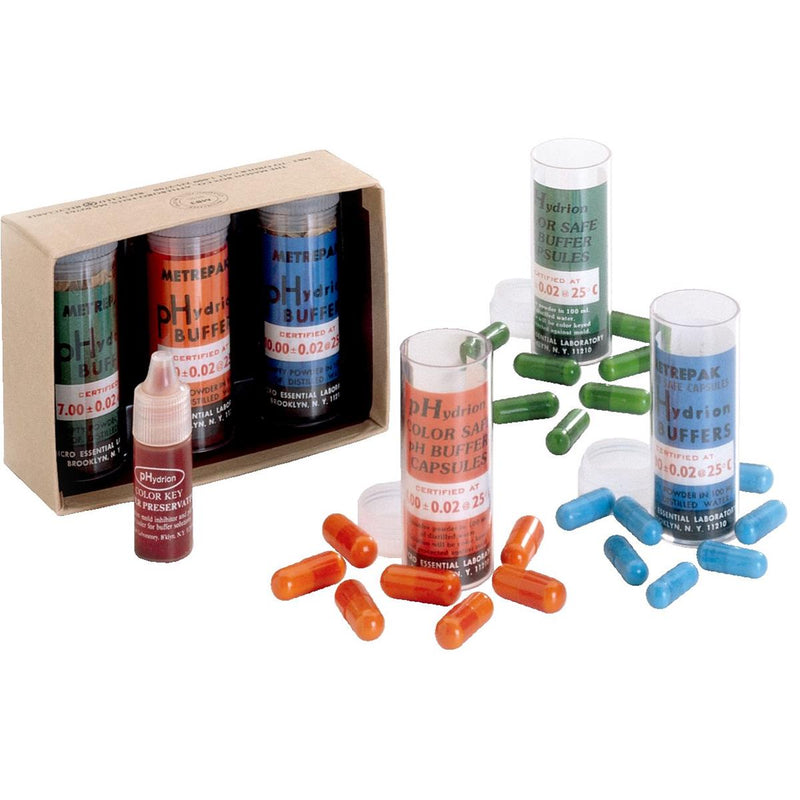- Joined
- Nov 23, 2019
- Messages
- 478
- Reaction score
- 728
What kinds of glassware and other hardware do you want in your wine lab?
What kind of tests do you want to run?
What kind of tests do you want to run?
Last edited:

Squeezy bottle for distilled water to rinse pH probe after a measurement
Infra-red thermometer












If the reading is within a couple of degrees, it's fine. I asked myself the question, "What will I do different if the temperature is 68 instead of 70 F?"How important are accurate temps in the cellar?
Enter your email address to join: